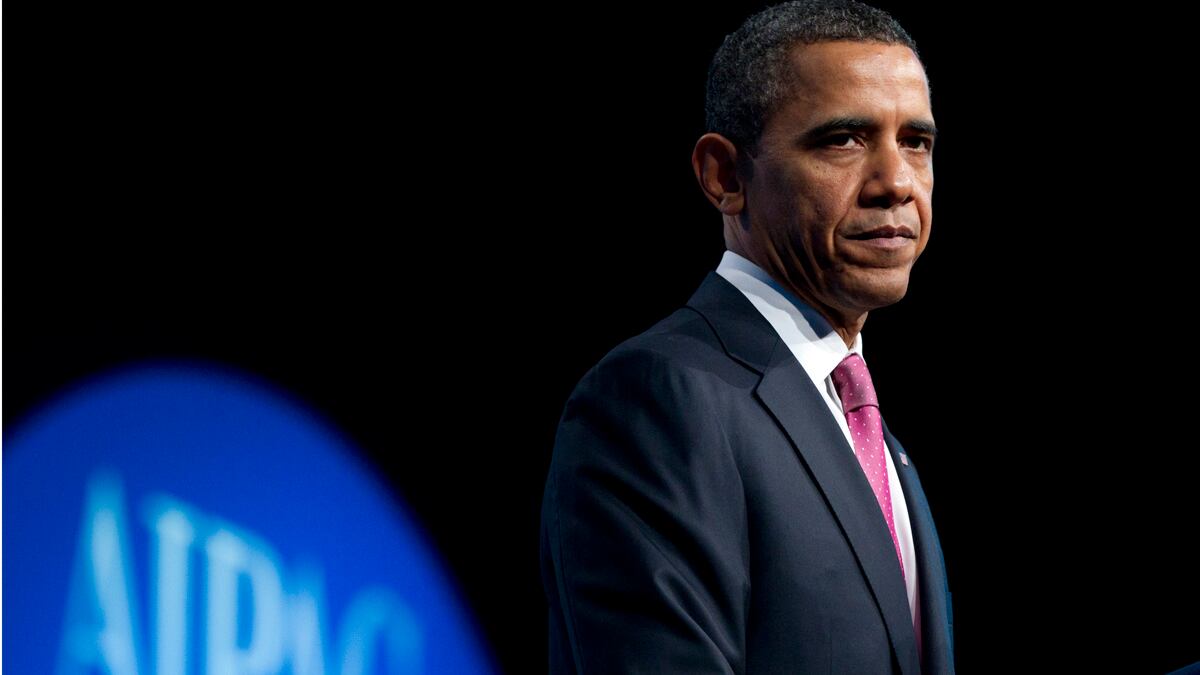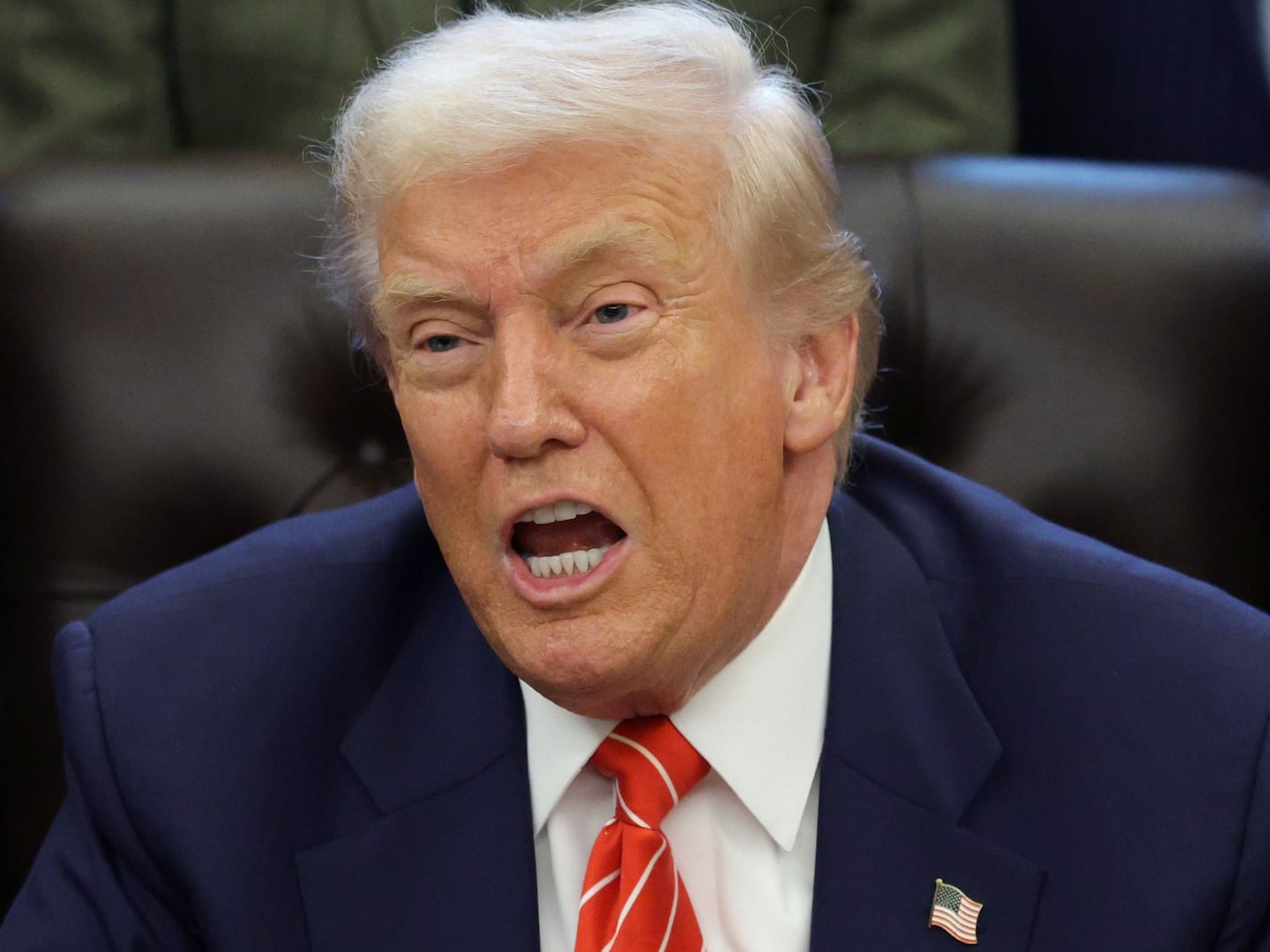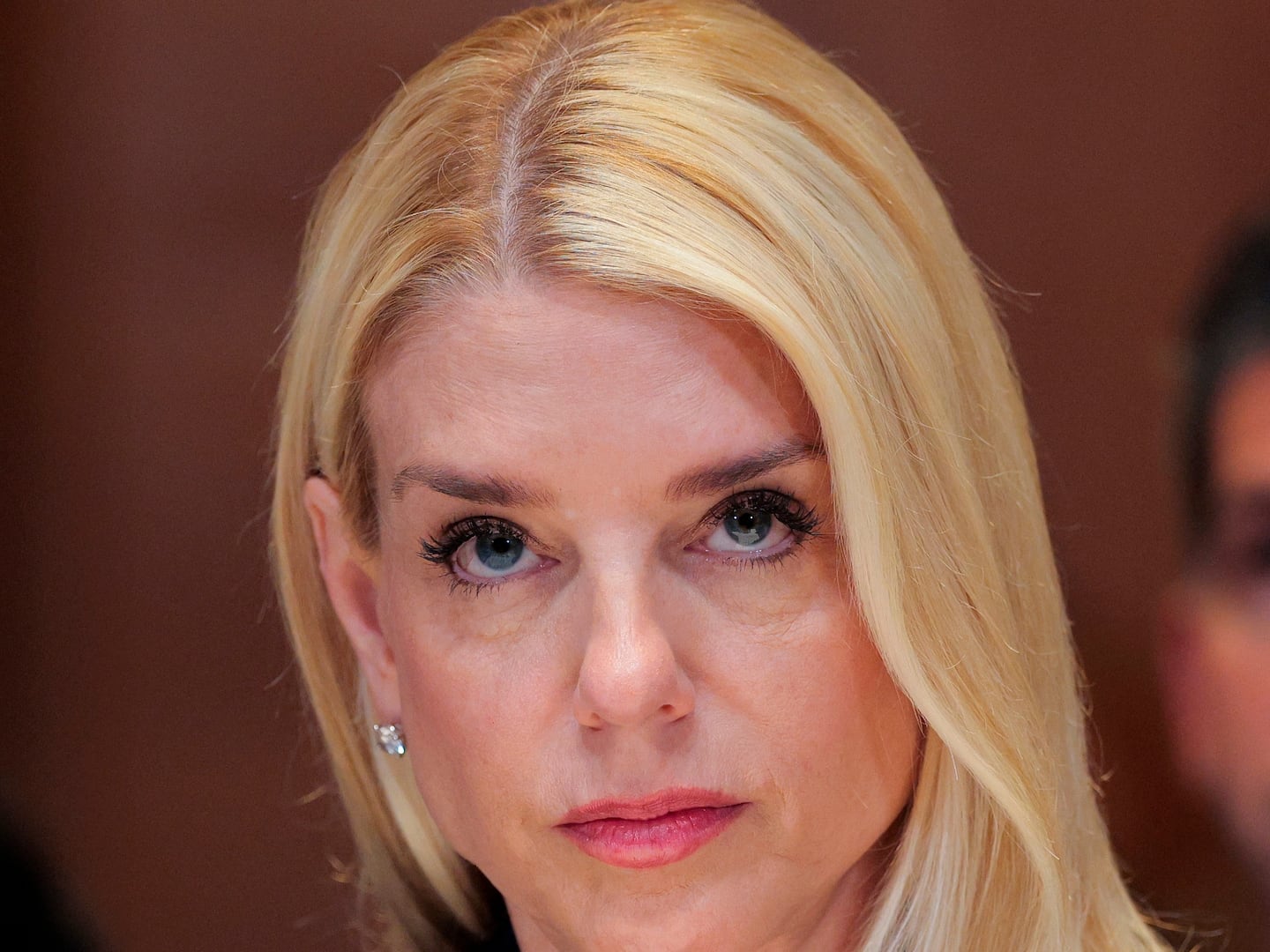It was one of those moments you could experience only at the American Israel Public Affairs Committee (AIPAC) annual conference. At the lectern was Susan Rice, President Obama’s ambassador to the United Nations. In the audience were 300 rabbis, Jewish-community leaders, and AIPAC delegates who were allowed to attend Rice’s speech, an event left off the public agenda for the conference.

Rice, an African-American, began her remarks by quoting in stilted Hebrew from a traditional Jewish hymn, “Hiney ma tov u’ma-mayim. Shevet akh-im gam ya-chad,” which translates: “Behold how good and pleasing it is for brothers to sit together.” When she finished her speech—about how she and her staff work every day to defend Israel at Turtle Bay—the audience broke into the same song the ambassador had quoted at the start: “Hiney ma tov u’ma-nayim,” everyone sang. “Shevet akh-im gam ya-chad.”
Listening to the speech, it would be hard to discern that Rice had caused a stir with the Israeli government little more than a year ago. At that time, Israeli officials didn’t like her remarks at all. Following an American veto of a resolution condemning Israeli settlement activity in the occupied Palestinian territories, Rice had explained the vote like this: “While we agree with our fellow council members—and indeed, with the wider world—about the folly and illegitimacy of continued Israeli settlement activity, we think it unwise for this council to attempt to resolve the core issues that divide Israelis and Palestinians. We therefore regrettably have opposed this draft resolution.”
Rice’s statement was a brief hint of what the U.N. might look like if the United States didn’t regularly use its veto in Israel’s defense—a veto that has been virtually automatic since Israel’s creation.
But that was early 2011. Now it’s 2012, an election year.
“Starting last fall, you saw a concerted effort by the administration to work assiduously to rebuild trust with the pro-Israel community and between our government and Israel’s government,” Josh Block, a former spokesman for AIPAC, told The Daily Beast. “Rice’s speech today reflects a continuation of that laudable effort.”
Rice’s remarks were part of a new tone for the administration that began with the president's speech to the U.N. General Assembly in September and has continued into the election season. Gone are public demands on Israel to freeze settlement activity in order to entice Palestinian leaders to return to peace negotiations. Also gone is some of the tough rhetoric between the two allies. The closest Obama came this week to criticizing Israel was to obliquely warn against “loose talk of war.”
Instead, Obama and his supporters have focused on the positives. At the top of that list is what the president and his surrogates say is unprecedented military assistance and cooperation with Israel. This includes funding for the codevelopment of Iron Dome, a mobile air-defense system capable of shooting down short-range rockets and mortar shells. More discreetly, Obama has authorized the sale of specialized bunker busters to Israel that President George W. Bush delayed.
One important ally in the new campaign for Obama with the pro-Israel community is Alan Solow, a former chairman of the Conference of Presidents of Major American Jewish Organizations. Solow was an early supporter of Obama, but criticized his handling of the settlement issue in the first two years of his presidency. He is now an important co-chair of Obama’s reelection campaign.
A voice opposing Obama in 2012 is a group called the Emergency Committee for Israel (ECI). ECI has released a new Web documentary, called Daylight, that paints Obama as a president who sought to publicly distance the United States from Israel in his first year in office.
ECI has also placed ads at bus stops all around the convention center where AIPAC is hosting its annual meeting. The ads show a picture of Obama and the text “He says a nuclear Iran is unacceptable.” In a much bigger font it asks, “Do you believe him?” Underneath the photo of the president, next to a separate photo of Iran’s president and its Supreme Leader, the ad asks, “Do they?”
The ECI ad gets to the heart of what remains a disagreement between Israel and the United States on Iran. Israel wants to prevent Iran from getting the capability to produce a nuclear weapon, while Obama promises only to prevent Iran from actually producing such a weapon.
That difference became clear Monday in Prime Minister Netanyahu's speech to AIPAC, which at times seemed like a preemptive rhetorical strike against Israel's critics if he decides to launch an attack on Iran's nuclear facilities. He was deliberately vague about a timeline, swearing that he would never discuss such things publicly. But Netanyahu did say, “None of us can afford to wait much longer.”
The Israeli leader explained his country's posture toward Iran's nuclear program in language similar to what Obama used Sunday to describe the American approach. “He stated clearly that all options are on the table and that American policy is not containment,” Netanyahu said of the American president. “Well, Israel has exactly the same policy. We are determined to prevent Iran from developing nuclear weapons, we leave all options on the table, and containment is definitely not an option.” But there is an important difference between Israel and the United States. While Netanyahu said he was determined to prevent Iran “from developing nuclear weapons,” the White House said, “The President reaffirmed the United States policy to prevent Iran from obtaining a nuclear weapon.” While Netanyahu suggested the time was nearing for military action, the White House said Obama “reiterated the United States’ commitment to pursuing a strategy of principled diplomacy, backed by unprecedented pressure, including the additional sanctions that are taking hold on the Iranian regime.”
For now, AIPAC and its thousands of delegates are pushing for the Israeli position, lobbying Congress for more pressure on Iran. In the words of AIPAC executive director Howard Kohr on Monday, “It is not necessary for Iran to actually have the bomb to demonstrate beyond doubt that they have crossed the nuclear threshold. Iran with simply the capacity to quickly produce a weapon is a risk to peace, and a threat to the world.”






